What is Islam?
Islam, Christianity and Judaism are the three most widely followed monotheistic religions in the world, and all three of them are said to have been formed by the descendants of Abraham.
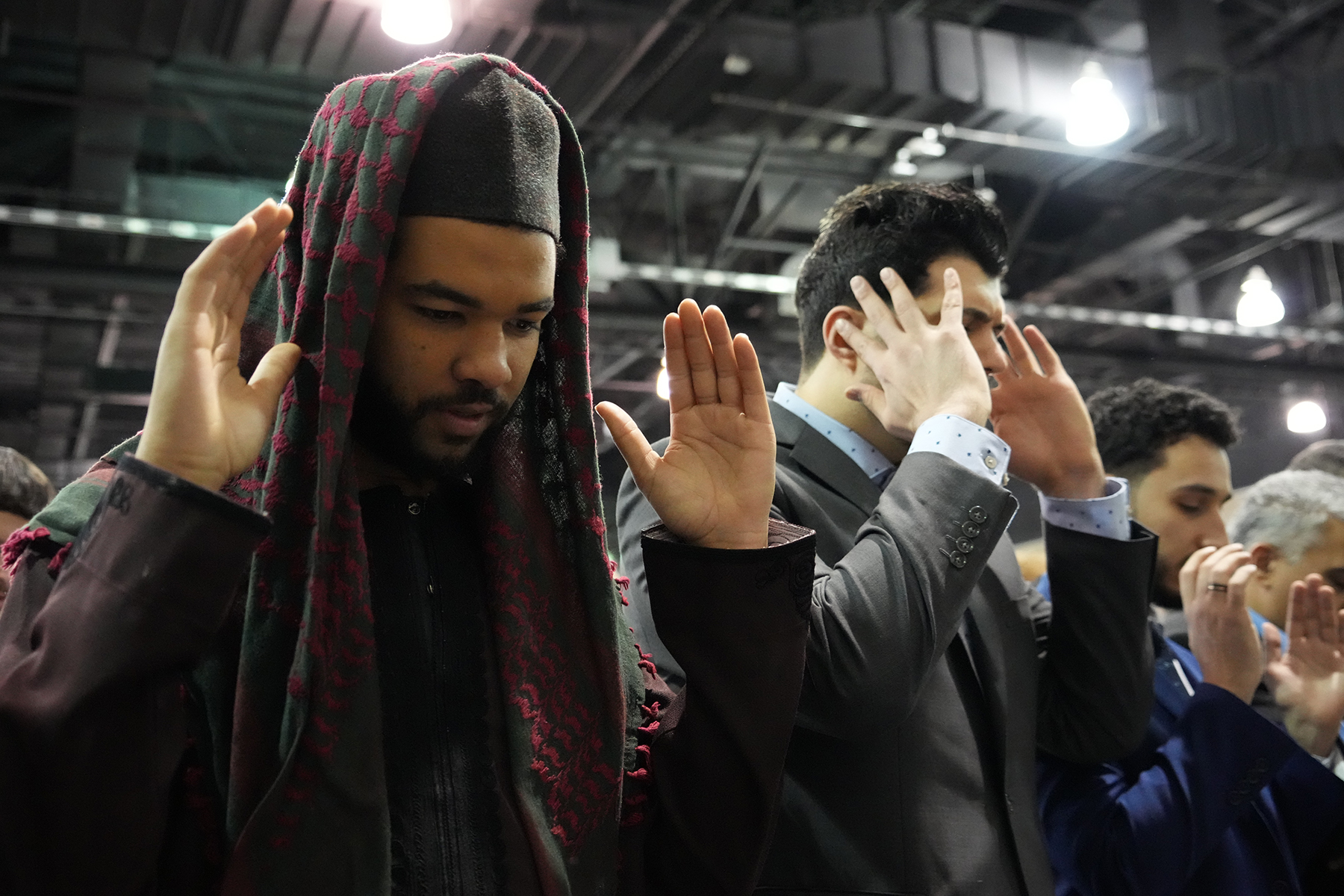 Islam as a formal religion began with the Prophet Muhammad (P) in 7th century Arabia. The name itself means “surrender” and the faith revolves around the concept of surrendering to the will of the one God.
Islam as a formal religion began with the Prophet Muhammad (P) in 7th century Arabia. The name itself means “surrender” and the faith revolves around the concept of surrendering to the will of the one God.
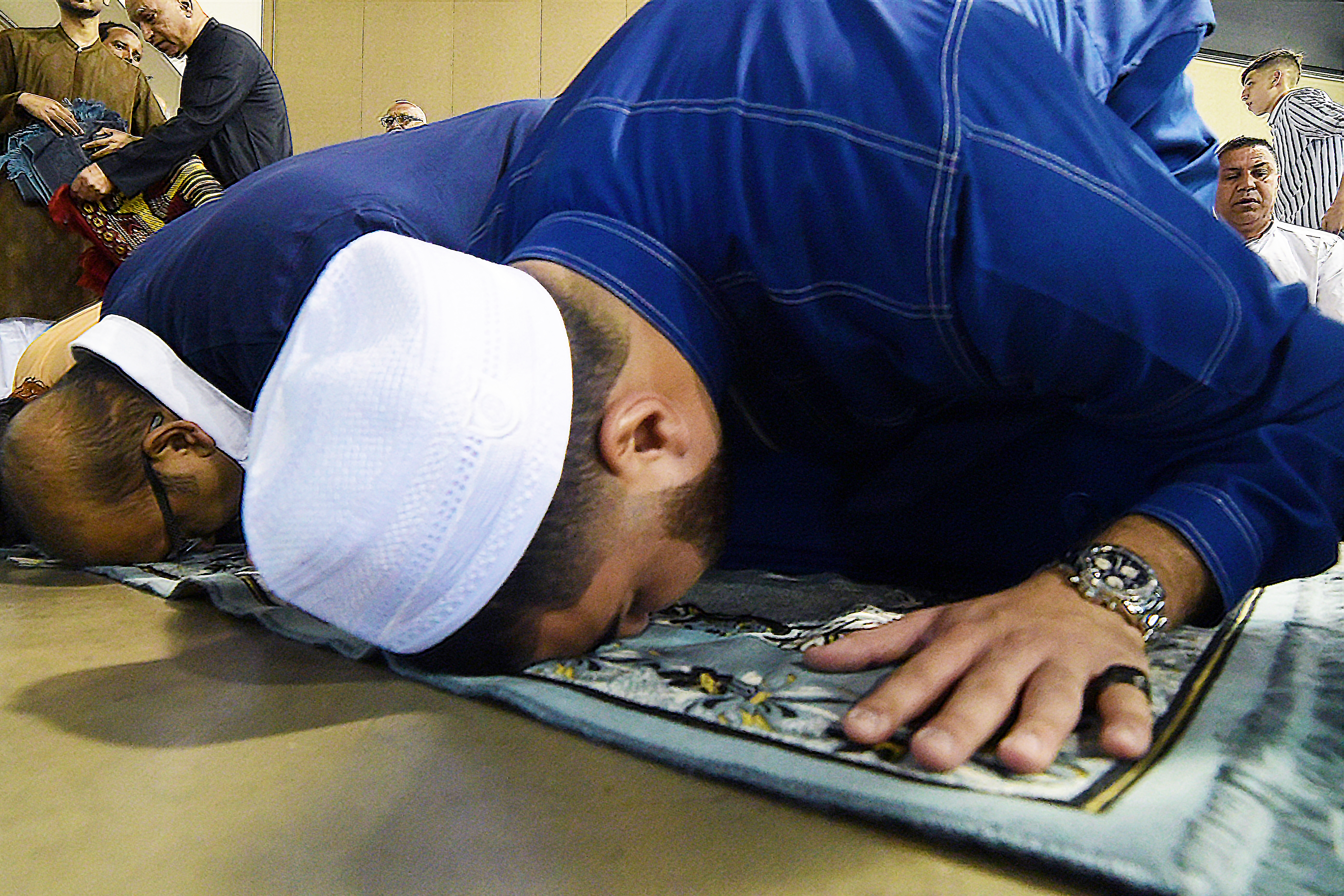 The declaration of faith in Islam is that “There is no god but God, and Muhammad is His messenger,” a statement that also denies the presence of any other deity worthy of worship, leaving no room for idolatry in the religion.
The declaration of faith in Islam is that “There is no god but God, and Muhammad is His messenger,” a statement that also denies the presence of any other deity worthy of worship, leaving no room for idolatry in the religion.
Who Are Muslims?
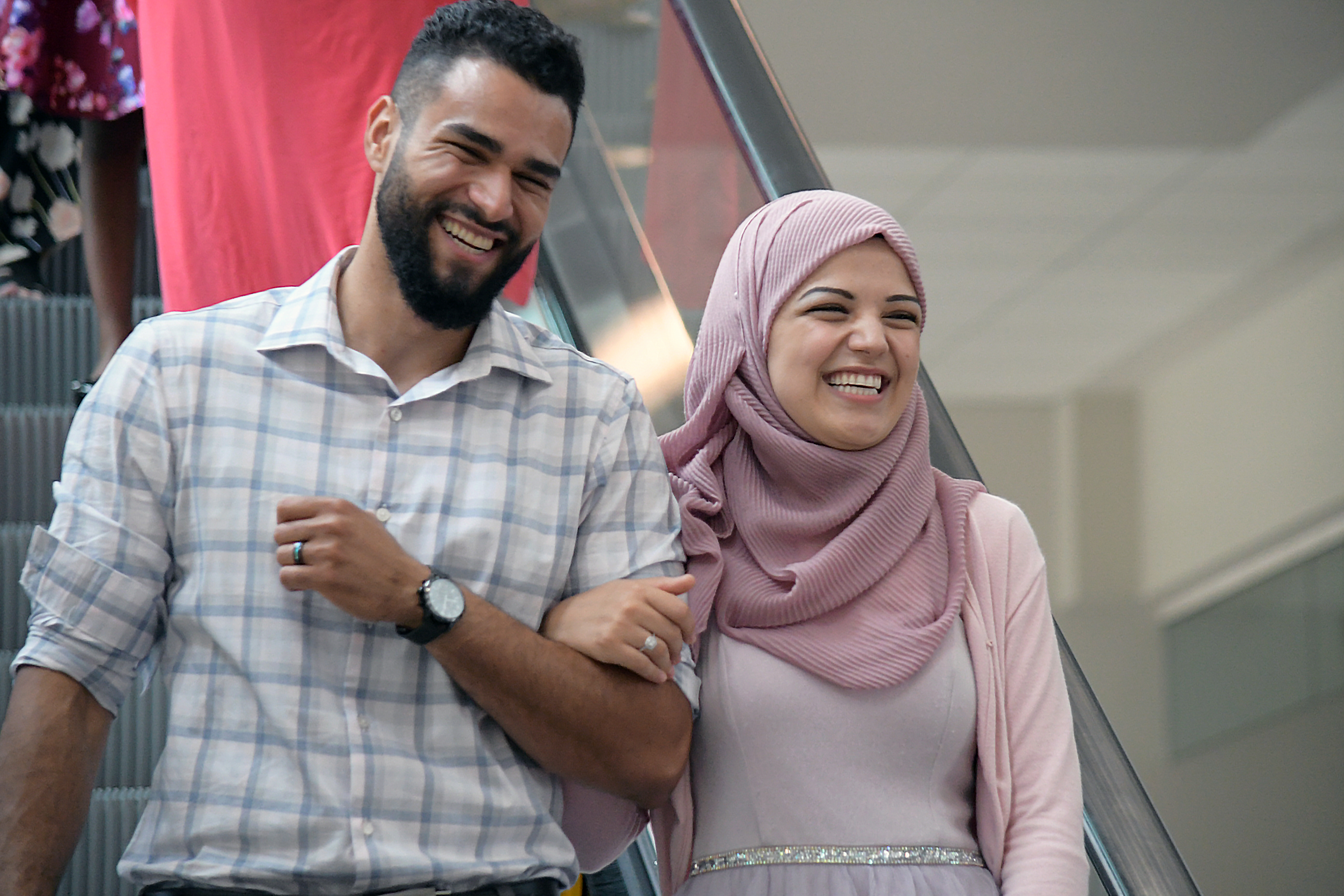 People who follow the faith of Islam are called Muslims. Muslims believe the Prophet Muhammad was the final messenger sent by God to remind them of life’s purpose – to worship God and to prepare for the afterlife when all will be held accountable for their deeds.
People who follow the faith of Islam are called Muslims. Muslims believe the Prophet Muhammad was the final messenger sent by God to remind them of life’s purpose – to worship God and to prepare for the afterlife when all will be held accountable for their deeds.
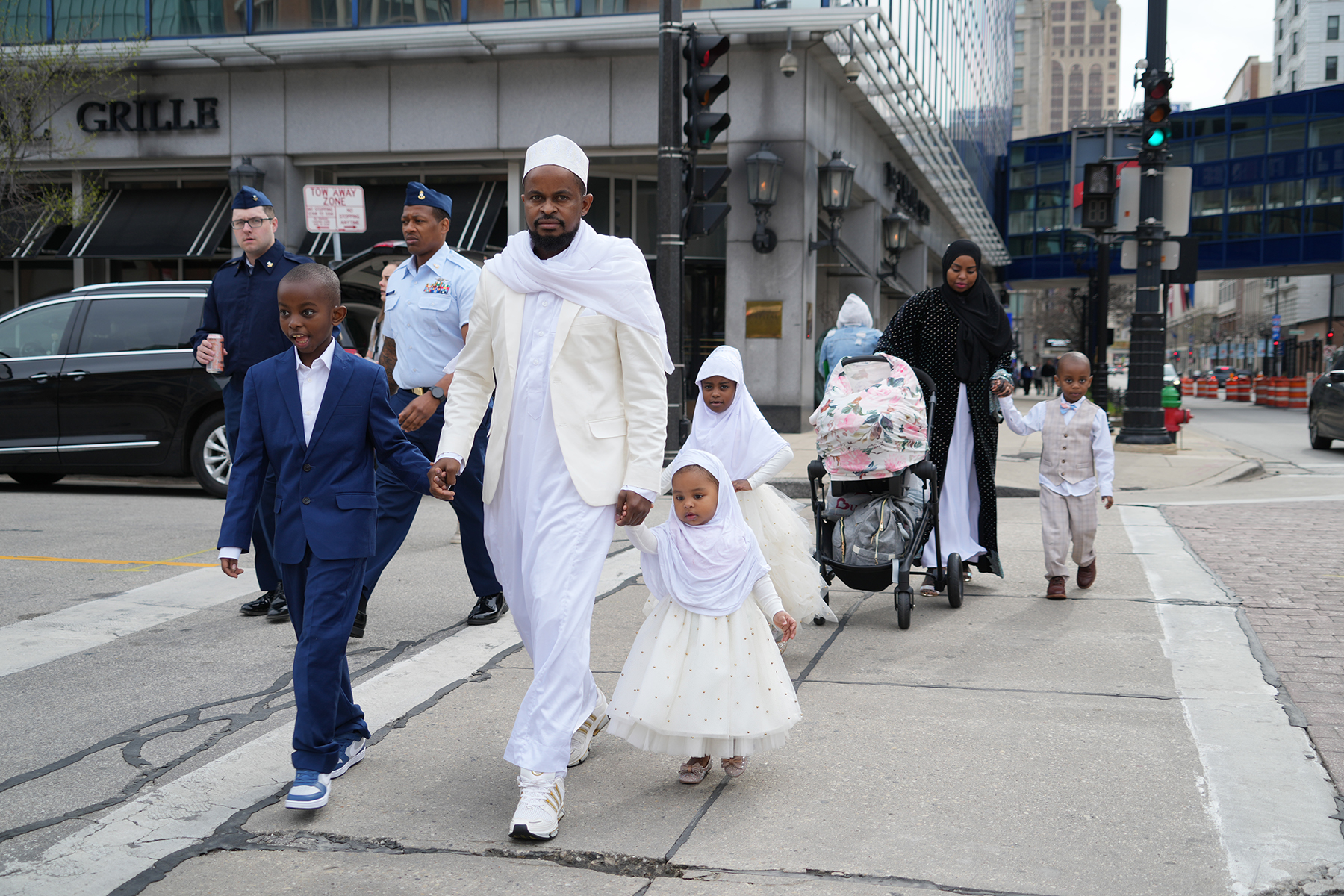 The holy book that guides the Islamic faith is the Quran is considered to be a revelation from God and a completion of the message initially delivered in the Old and New Testaments.
The holy book that guides the Islamic faith is the Quran is considered to be a revelation from God and a completion of the message initially delivered in the Old and New Testaments.
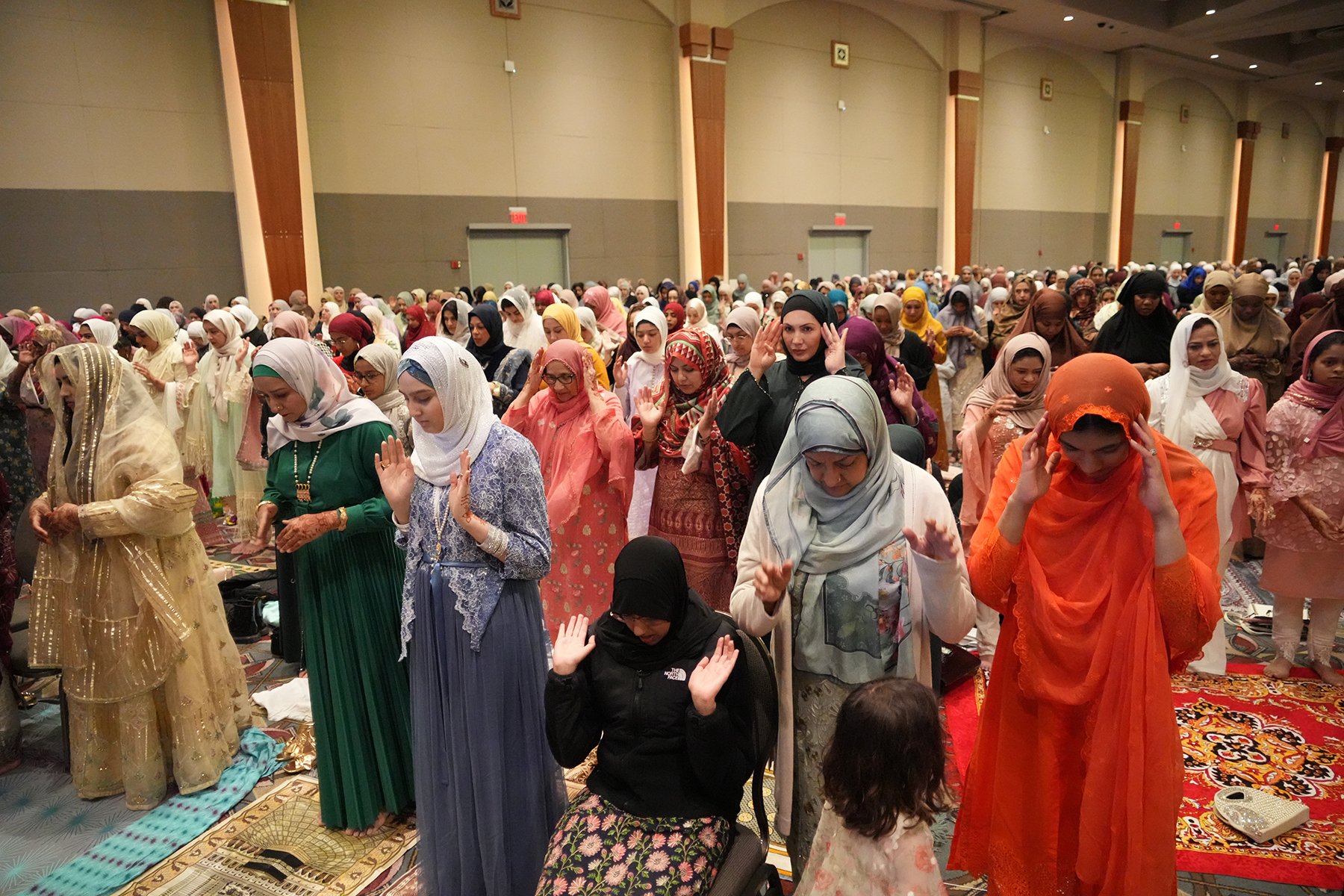 Five "pillars" along with the teachings of the Quran and the Prophet Muhammad, constitute the framework for Muslim religious practice:
Five "pillars" along with the teachings of the Quran and the Prophet Muhammad, constitute the framework for Muslim religious practice:
- Declaration of faith
- Giving in charity
- Five daily prayers
- Fasting during the month of Ramadan
- Performing a pilgrimage to Mecca if able.
What's Inside

Join Our Mission
Your support drives our mission forward. Partner with us today to make a lasting impact!
FILM: The Voice of Hind Rajab
Feb 12th to Feb 18th | The Downer Theatre, 2589 N Downer Ave, Milwaukee, WI 53211
